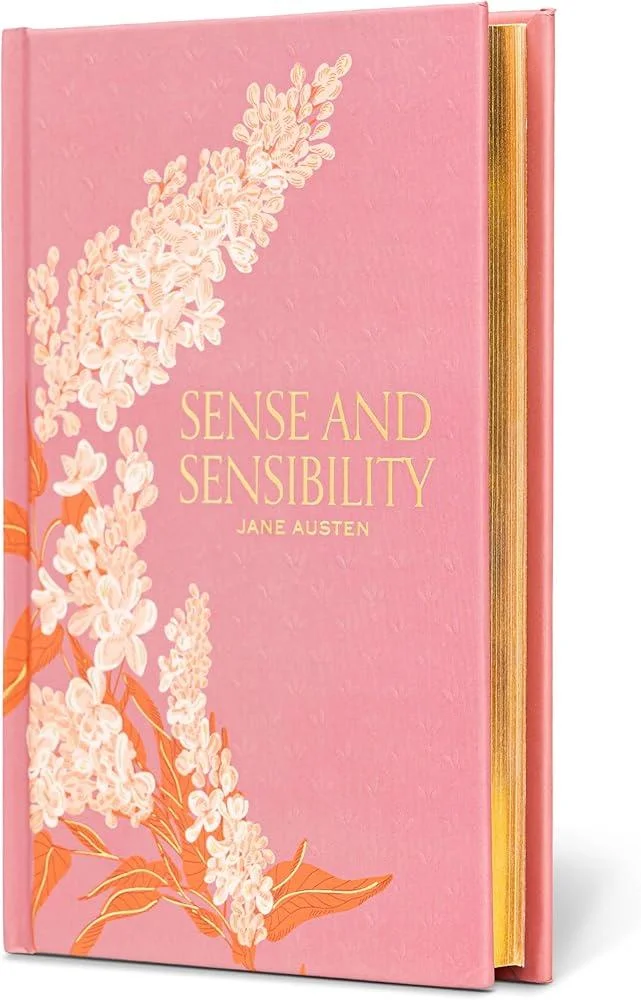Marianne Dashwood can't understand her sister. How could the attractive, witty, and charming Elinor fall for the quiet, self-effacing, and rather dull Edward Ferrars? And, if the two are in love, why don't they shout it to the world? Meanwhile, Elinor worries that Marianne's heart-first approach to life will hurt her, especially when it comes to the dashing John Willoughby. The two sisters spar good-naturedly over the merits of full-blown emotionalism versus reticence and self-discipline in matters of the heart. Fond as they are of each other, each is certain that hers is the only true path to love. Meanwhile, both Edward and Willoughby harbor secrets that will force these women to doubt their philosophies, their judgment, and their chances for happiness. With Sense and Sensibility, her first published novel, Austen served notice that a new and important author had arrived--one whose style, wit, and piercing sense of satire supported a compelling story peopled with finely drawn characters and punctuated with remarkable insights into the human condition.
Jane Austen
Jane Austen was an English novelist born in 1775 in Hampshire, England. She is best known for her novels which explore the lives and manners of the English gentry in the early 19th century. Austen's most notable works include "Pride and Prejudice," "Sense and Sensibility," and "Emma." Her writing style is characterized by wit, social commentary, and keen observation of human nature. Austen's works have had a lasting impact on the literary genre of the novel, particularly in the development of the comedy of manners. Her most famous work, "Pride and Prejudice," is considered a classic of English literature and continues to be widely read and studied today. Austen's contributions to literature include her insightful portrayal of characters and relationships, her exploration of the role of women in society, and her enduring appeal to readers of all ages.

